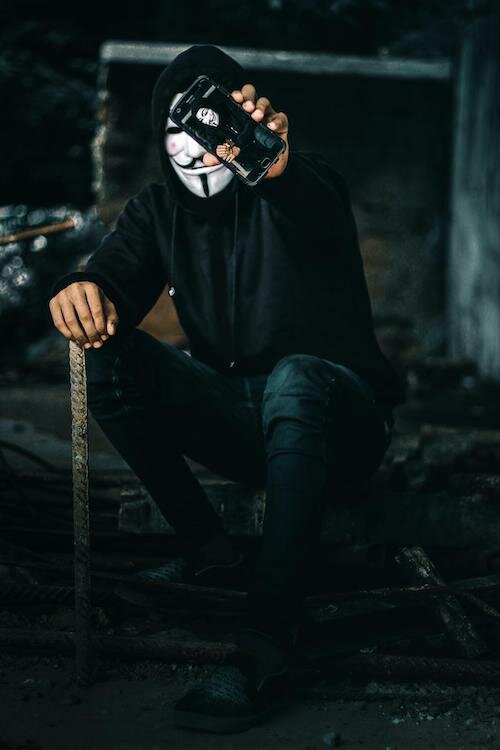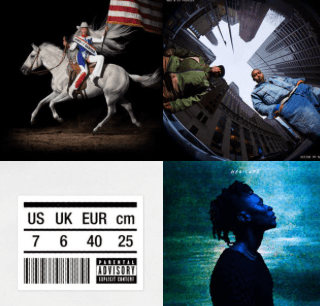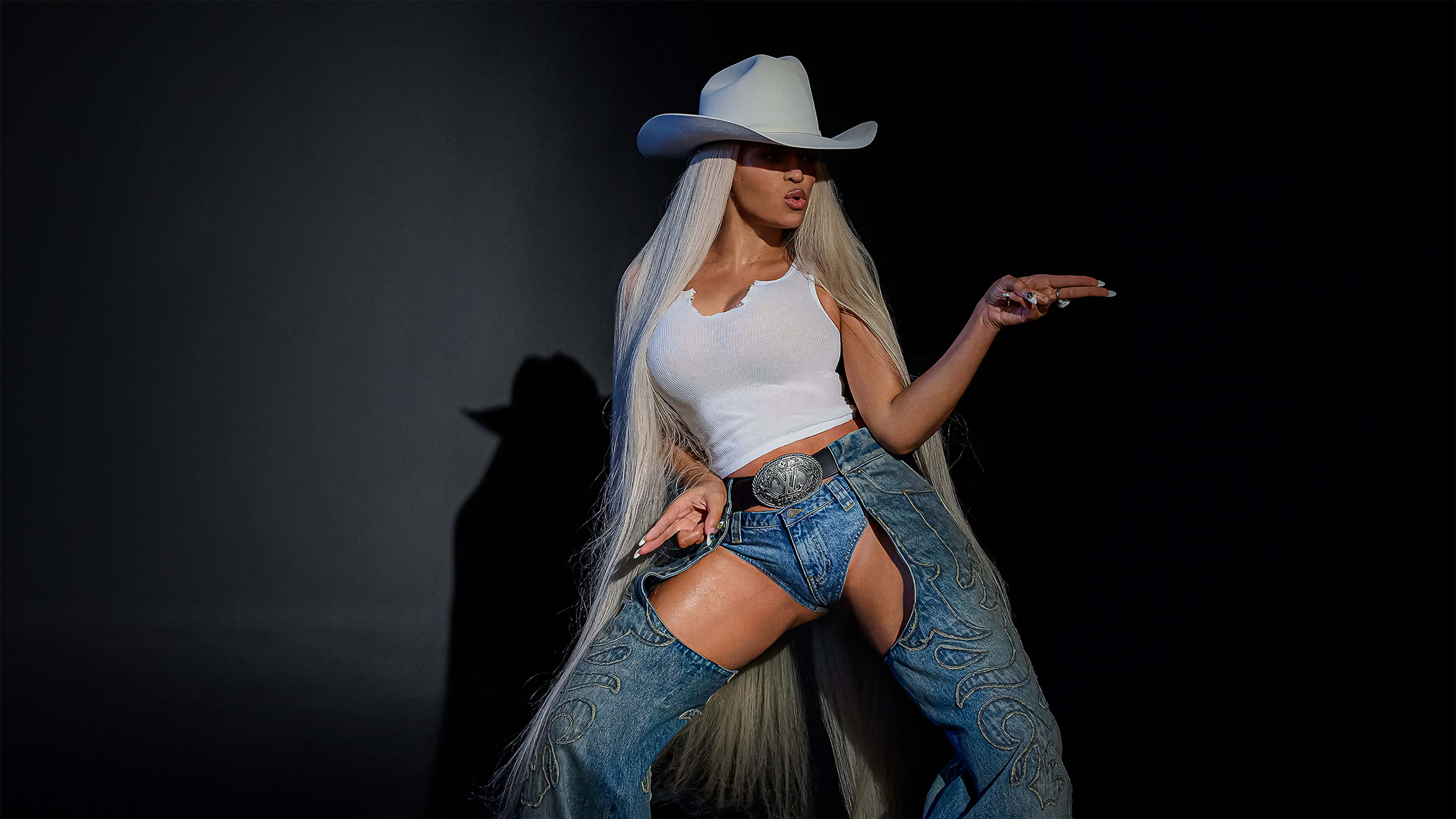By Erica Johnson
- Cloaking could be the ultimate fake-out, to keep you hidden and maybe even safe
- A Black man was wrongfully arrested for a crime based on a facial recognition technology
Cloaking is taking over as the next big thing to disrupt the facial recognition technology market, that’s projected to reach $9.9 billion by 2025. The technology works by turning images of you into someone else. For Black people, who disproportionally impacted by inherent bias in facial recognition technology, this could be the ultimate fake-out, to keep you hidden, and maybe even safe.
Why This Matters: The perception of facial recognition depends on who’s got the camera and what lens they’re looking through. This is where Fawkes, a new tool that’s disrupting the AI space, is giving power back to the people. Whenever a photo is run through the platform, it disrupts the algorithm of the best facial recognition services serving up some unique interpretations that are conveniently you, but not you.
Robert Julian-Borchak Williams, was the Black man wrongfully arrested for a crime based on a facial recognition technology
Let’s remember the first known wrongful arrest with facial recognition technology has already rocked major companies and communities of color. Robert Julian-Borchak Williams, was the Black man wrongfully arrested for a crime based on a facial recognition system. The flawed algorithm is the first known account of this happening on American soil. Now, companies like IBM (IBM -1.32%), Amazon (AMZN -0.04%), and Microsoft (MSFT -0.23%) have stopped the development of this technology.
Police had been given unregulated access to these artificial intelligence (AI) systems, that use inherently biased algorithms to identify people. Fortunately, big tech companies have also paused law enforcement’s access to the facial recognition systems. However, the ubiquitous nature of these AI systems and their lack of federal regulation remains a threat to privacy.
Situational Awareness: Photo sharing and selfies, once thought to be just a fun pastime, had turned into fair game for companies to train facial recognition algorithms for commercial distribution. There are still many lingering questions with older U.S. adults who tend to be more trusting of facial recognition software used by law enforcement. At the same time, Blacks, and younger people show an increasing distrust, according to a study released by Pew Research. Not to mention that recent studies have shown facial recognition software is 100 times more likely to misidentify Asians and African Americans.
CBx Vibe: “Made You Look” Nas









